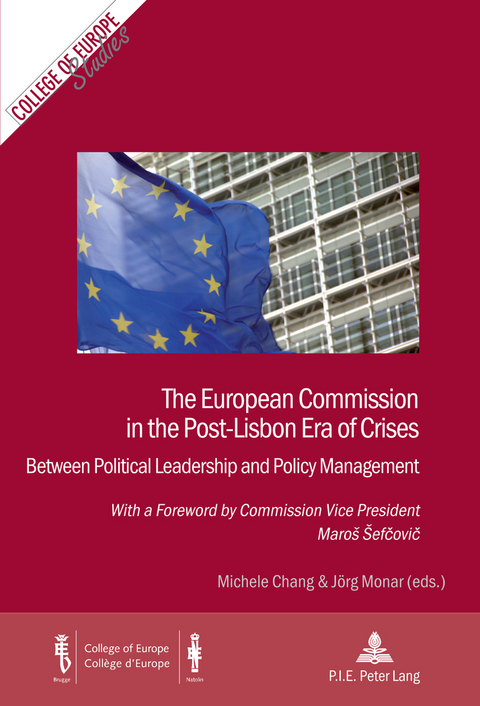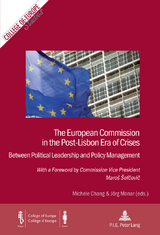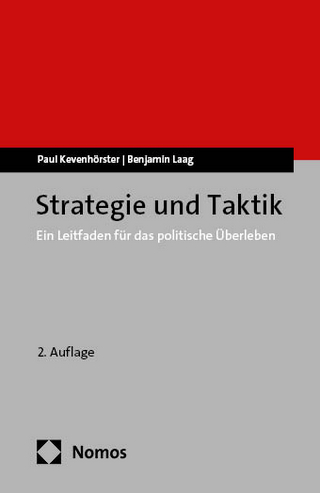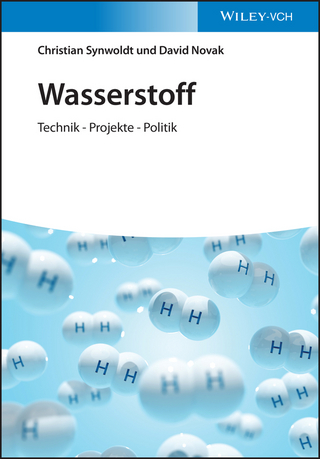The European Commission in the Post-Lisbon Era of Crises
Peter Lang AG, Internationaler Verlag der Wissenschaften
978-2-87574-028-1 (ISBN)
- Titel nicht im Sortiment
- Artikel merken
The European Commission has alternatively been portrayed as an all-powerful institution controlling far too many resources versus a bureaucracy that operates at the behest of Member States. In recent years the EU has been beset by major challenges coming from the inside (the entry into force of the Lisbon Treaty) and the outside (the global financial crisis). How has the Commission responded to these events? Has the Commission changed substantially in terms of its institutional structure or the functions it performs? To what extent was the Commission actively promoting such changes versus accepting initiatives emanating from the Member States?
This edited volume seeks to answer these questions by examining this institution and how it has performed in several major policy areas in which the Commission traditionally has been both very active and others in which its influence has been more limited. This comparative study examines the impact that the changes brought about this past decade has had on the Commission.
Michele Chang is Professor in the Department of European Political and Administrative Studies at the College of Europe (Bruges). She was previously a Fulbright Scholar at the Centre for European Policy Studies in Brussels. Jörg Monar is Director of Studies in the Department of European Political and Administrative Studies at the College of Europe (Bruges). He has been Professor at the College of Europe (Bruges and Natolin) since 1991.
Contents: Foreword by Commission Vice President Maroš Šefčovič – Michele Chang: Introduction – Eviola Prifti: The post-Lisbon Treaty Commissioners (2010-2014). Experts or Politicians? – Didier Georgakakis: Technocracy is Dead. Long Live Bureaucracy! On Some Recent Changes to the Civil Service and the European Commission – Constance Poiré: The Creation of a New Portfolio on Climate Action. A Strategic Political and Administrative Reform within the European Commission? – Elisa Molino/Adrien Sellez: The Implementation of the Lisbon Treaty through the Reform of the ‘Comitology System’. Self-Empowerment of the European Commission? – Olivier Höing/Wolfgang Wessels: The European Commission’s Position in the Post-Lisbon Institutional Balance. Secretariat or Partner to the European Council? – Michele Chang: Constructing the Commission’s Six-Pack Proposals. Political Leadership Thwarted? – Alexandra Paul: The Commission in Times of Economic Crisis. An Effective Leadership? A Case Study on EU Cohesion Policy and the Governance of Structural Funds – Camille Kelbel: A Mile Wide and an Inch Deep? Energy Solidarity and the European Commission’s Leadership Post-Lisbon – Maylis Labayle: The New Commission’s Role in Freedom, Security and Justice in the Post-Lisbon Context. New Era or Missed Opportunity? – Neill Nugent/Mark Rhinard: The European Commission and External Relations – Jörg Monar: The Post-Lisbon European Commission. Between Political Leadership and Policy Management.
| Erscheint lt. Verlag | 4.4.2013 |
|---|---|
| Reihe/Serie | Cahiers du Collège d'Europe / College of Europe Studies ; 16 |
| Cahiers du Collège d’Europe / College of Europe Studies ; 16 | College of Europe Studies /Cahiers du Collège d'Europe ; 16 |
| Verlagsort | Pieterlen |
| Sprache | englisch |
| Maße | 150 x 220 mm |
| Gewicht | 420 g |
| Themenwelt | Sozialwissenschaften ► Politik / Verwaltung ► Allgemeines / Lexika |
| Sozialwissenschaften ► Politik / Verwaltung ► Politische Systeme | |
| Sozialwissenschaften ► Politik / Verwaltung ► Politische Theorie | |
| ISBN-10 | 2-87574-028-8 / 2875740288 |
| ISBN-13 | 978-2-87574-028-1 / 9782875740281 |
| Zustand | Neuware |
| Haben Sie eine Frage zum Produkt? |
aus dem Bereich




